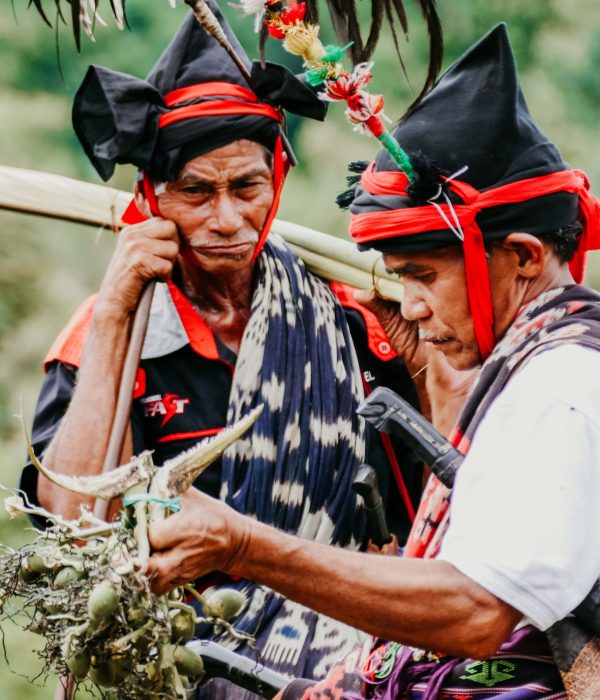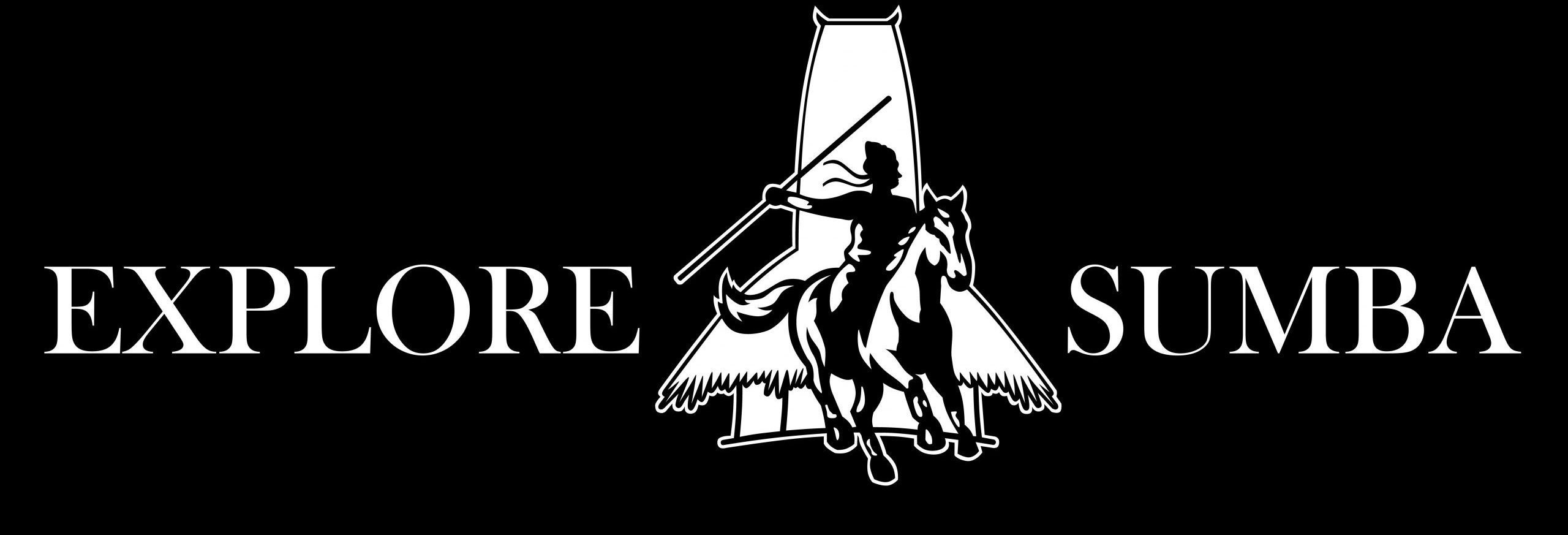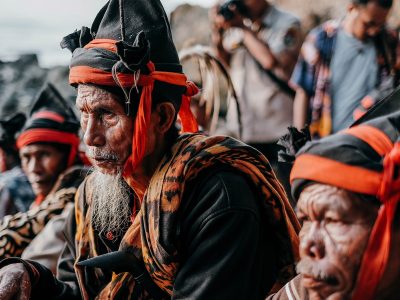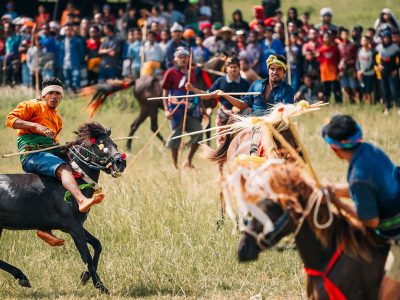Traditional Festivals in Sumba Island
Sumba island festivals
Witnessing a traditional festival is one of the most exciting activities that can be done when traveling to a place for the first time. On the island of Sumba in Indonesia, there is always something to celebrate somewhere. Celebrating and inviting many people is part of their culture. But before going to one of these festivals on the island of Sumba, you also have to take into account the origin of the festivals and the way they are held according to the Marapu religion. In most festivals, animals are ritually killed. The religion of the participants is not important for a ceremony, they are all welcome!
The best traditional festivals in Sumba island
The people of Sumba, a quiet and scenic island about an hour’s flight from Bali in East Nusa Tenggara Province, celebrate centuries-old rituals. Truly unique customs have evolved into yearly events that travelers from all over the world eagerly anticipate.
But what are the most spectacular Sumba Island festivals that deserve a visit? Relax, in this guide we will share 5 traditional festivals of the island of Sumba where exciting and significant activities for Sumba residents are carried out.
1. Pasola
Pasola, a ritual spear fight involving hundreds of horsemen, is the most spectacular ceremony on Sumba, which is now celebrated as a festival. Every year from February to March, Pasola will be hosted in four subdistricts of West Sumba and South West Sumba Regency: Lamboya, Kodi, Wanukaka, and Gaura. The dates aren’t set in stone since the Ratos (priest) chooses them based on the full moons of the solar year. The Sumbanese think that by retaining Pasola, they will be able to harvest an abundant crop since some blood shed during the fight might produce fertility.
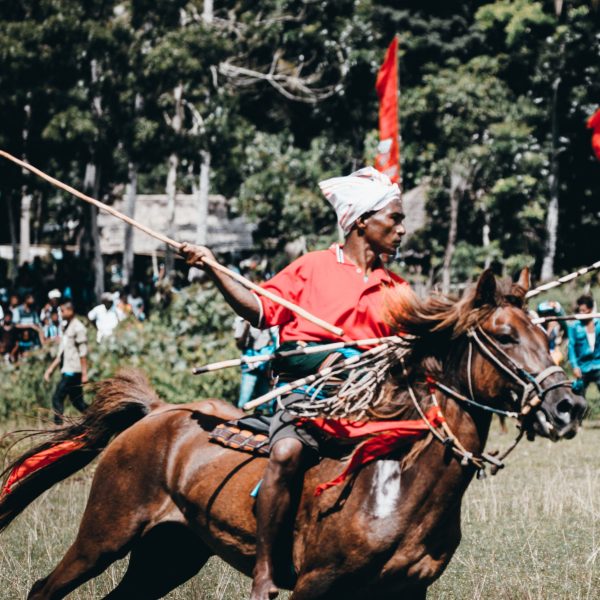
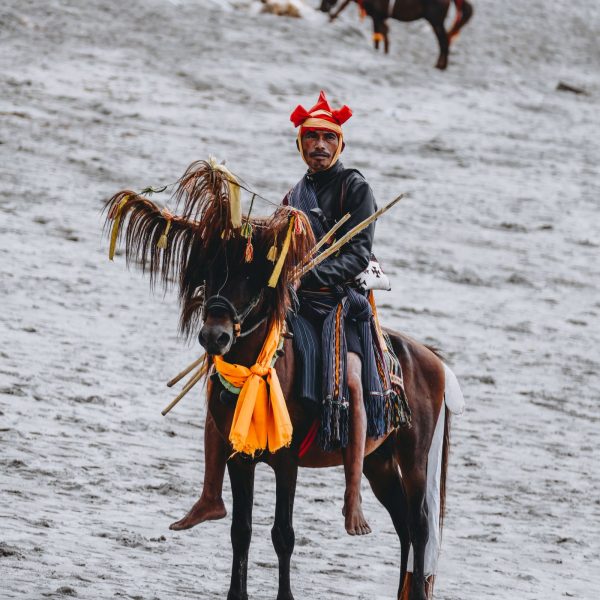
2. 1001 Sandalwood Horse Parade & Ikat Tenun
This is an annual festival in Sumba that takes place in numerous towns and regencies around the island over the course of eight days in July. The 1001 Sandalwood Horses Festival will exhibit beautiful horses with all of their exceptional attributes, as well as the Tenun Ikat traditional handwoven fabric Festival, for which Sumba is widely known, which will involve more than 2,000 of Sumba’s finest weaving craftsmen.
3. Horse Racing
The event held in East Sumba in July, August, and October. Here you will see horse racing where the kids ride their horses to the finish line to be the winner.
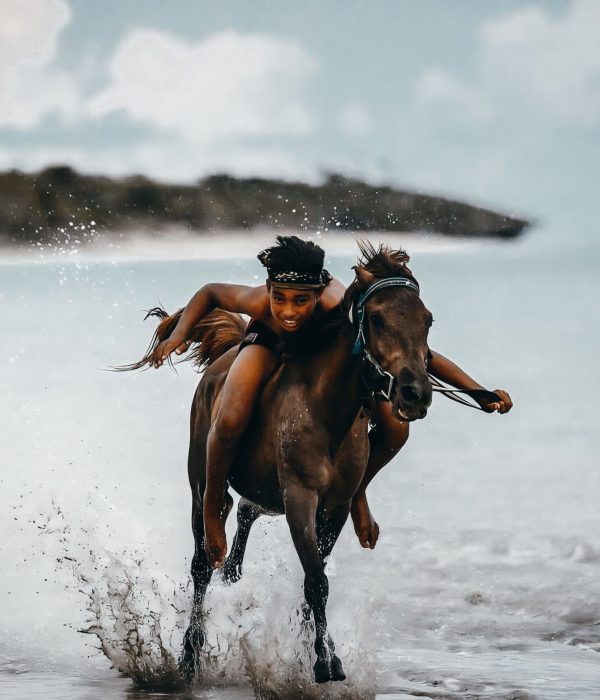
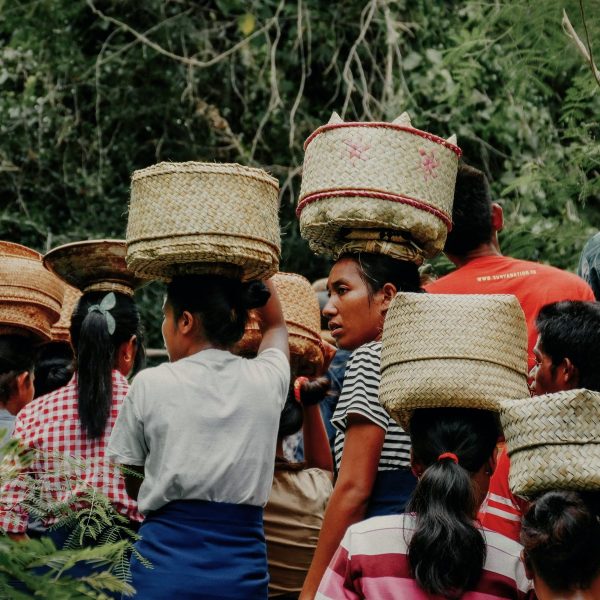
4. Bijalungu Hiu Paana
This event is usually held around the start of the year, in January/February, to welcome the new season. The ratos (priests) choose the dates by looking at the moon, and the celebration takes place in Waigali village. Bijalungu literally means “to lie down,” and what is presented is a gift and a token of blessing to welcome the new season, whereas Hiupaana is the name of a little woodland approximately 500 meters from Waigalli, where offerings are gathered and stored in the attic of a traditional house (uma daluk). So Bijalungu Hiupaana means “getting to the Hiupaana forest”, since the pinnacle of the event is conducted there, in a tiny cave that is considered sacred.
5. Wulla Poddu
Wulla Poddu, according to Marapu (Sumbanese) tradition, is the cleaning month, restoring man to his beginnings and living in harmony with nature and ancestors. Natural function is maintained through a variety of custom ceremonies, ensuring that nature is not enraged, that it still submits to humanity, and that there is harmony among humans, animals, and nature. Wulla Poddu is derived from the words Wulla (moon) and Poddu (bitter). Poddu spoke about the need for abstinence in order to obtain purity. Called bitterly because there are a lot of regulations that cannot be broken during that month (pemali). Wulla Poddu is a holy month during which all inhabitants must perform a series of rites and abide by a variety of restrictions, including not hitting the gong, not building houses, not mourning the deceased, not partying, and so on. If there is a violation, the individual will face a customs penalty. This rite is performed in almost every community in the southwest Sumba region. Only the Umbu Koba village location in South Wewewa continues to do it on a regular basis, keeping the ritual’s validity until November.
